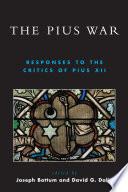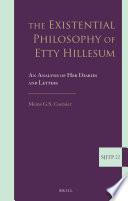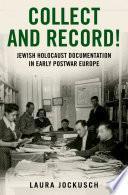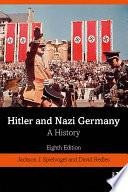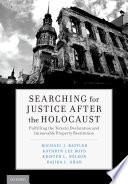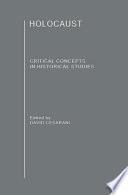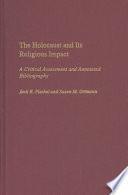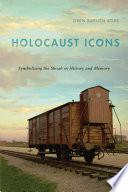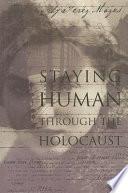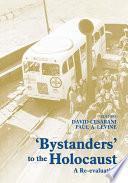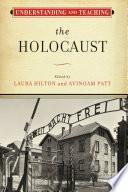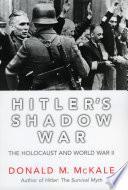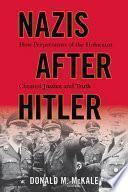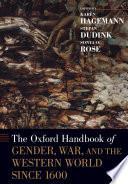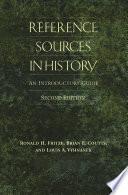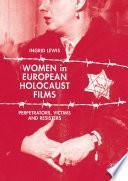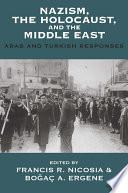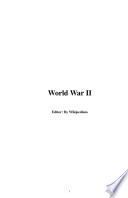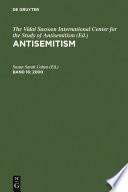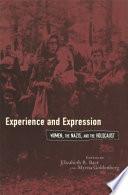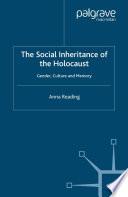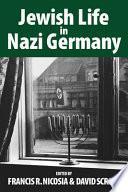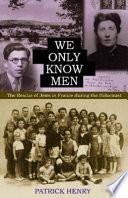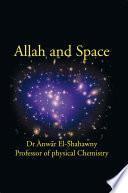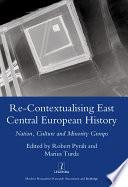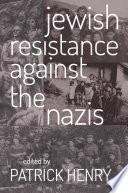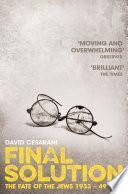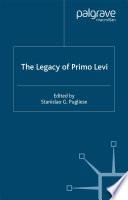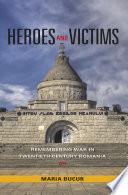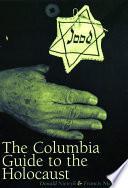
The Columbia Guide to the Holocaust
Author: Donald L. Niewyk , Francis R. Nicosia
Number of pages: 416Offering a multidimensional approach to one of the most important episodes of the twentieth century, The Columbia Guide to the Holocaust offers readers and researchers a general history of the Holocaust while delving into the core issues and debates in the study of the Holocaust today. Each of the book's five distinct parts stands on its own as valuable research aids; together, they constitute an integrated whole. Part I provides a narrative overview of the Holocaust, placing it within the larger context of Nazi Germany and World War II. Part II examines eight critical issues or controversies in the study of the Holocaust, including the following questions: Were the Jews the sole targets of Nazi genocide, or must other groups, such as homosexuals, the handicapped, Gypsies, and political dissenters, also be included? What are the historical roots of the Holocaust? How and why did the "Final Solution" come about? Why did bystanders extend or withhold aid? Part III consists of a concise chronology of major events and developments that took place surrounding the Holocaust, including the armistice ending World War I, the opening of the first major concentration camp at Dachau,...
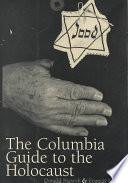
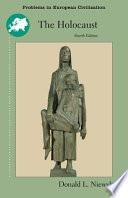
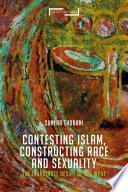
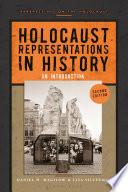
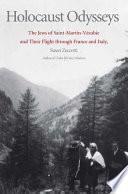
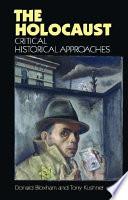
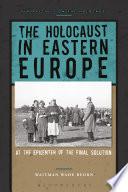
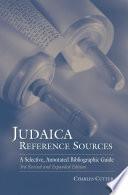
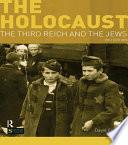
![Dictionary of Genocide [2 volumes]](https://cdn1.farolightpublishing.com/images/libro/dictionary-of-genocide-2-volumes-id-rgGA91skoP4C.jpg)
